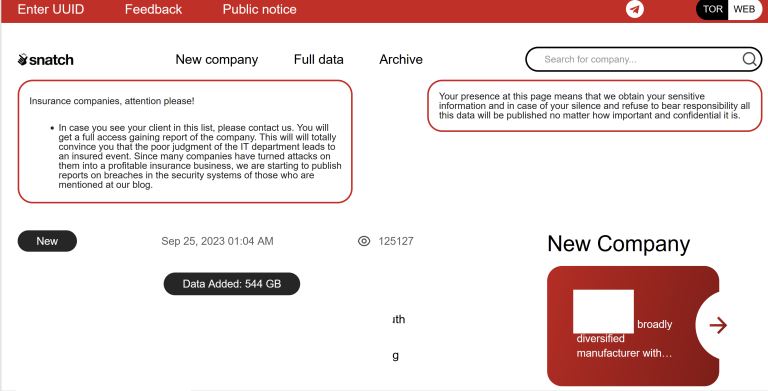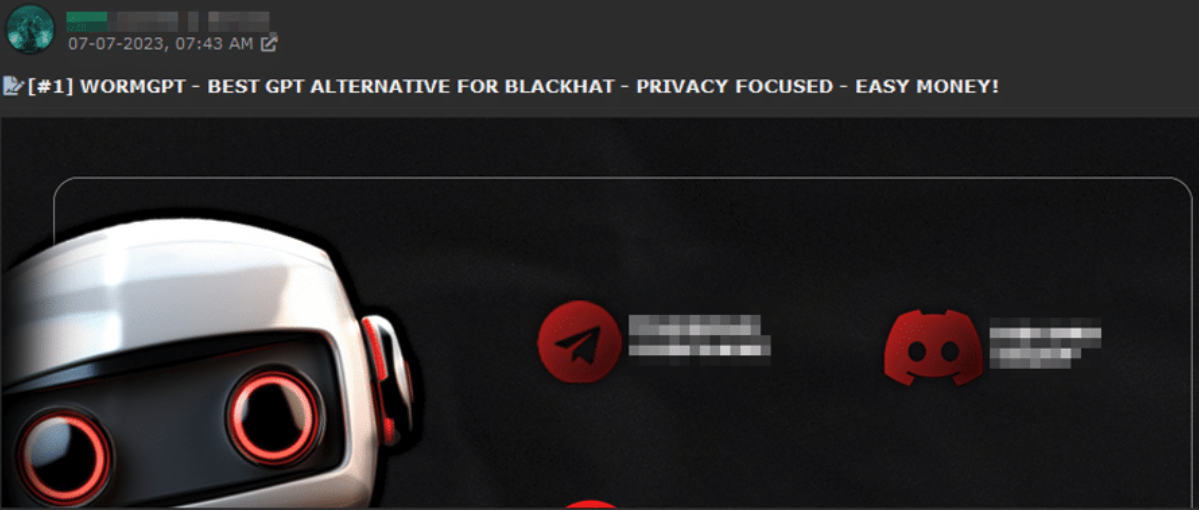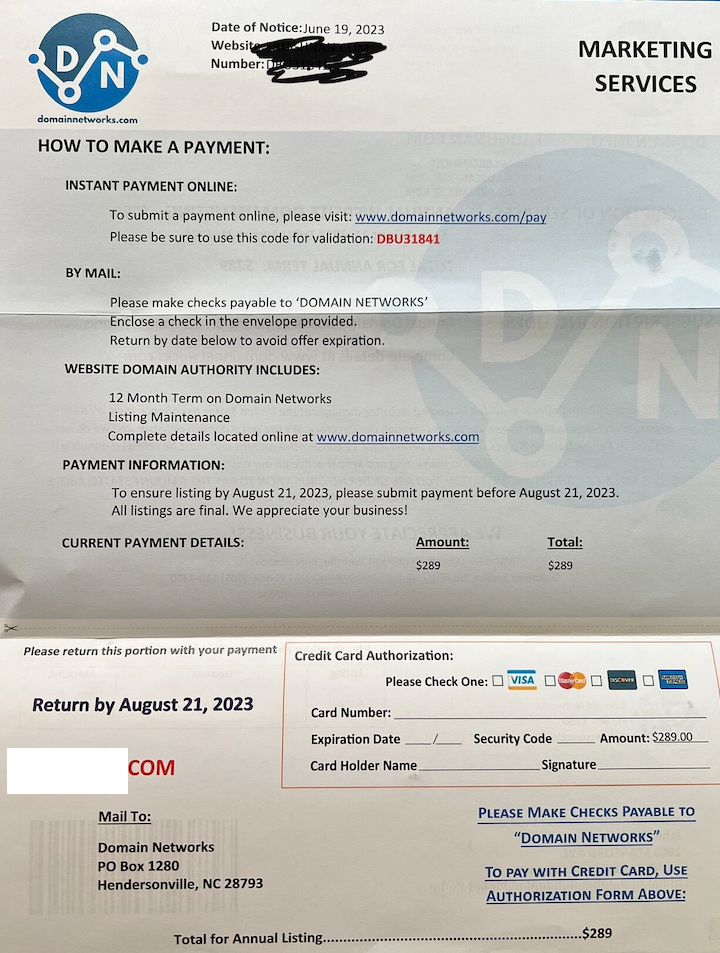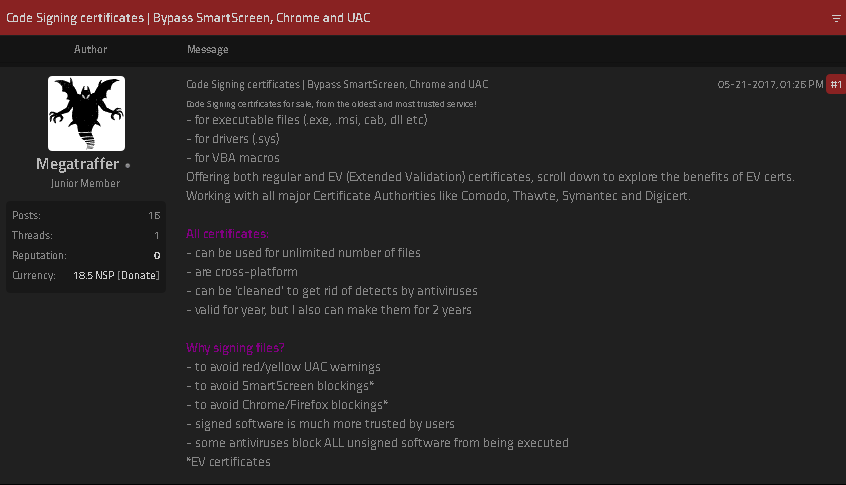A Closer Look at the Snatch Data Ransom Group
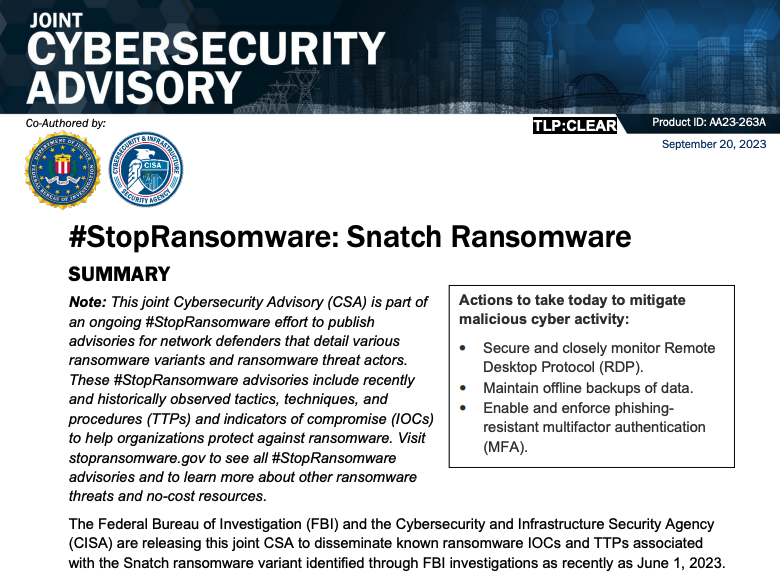
Credit to Author: BrianKrebs| Date: Sat, 30 Sep 2023 19:47:57 +0000
Earlier this week, KrebsOnSecurity revealed that the darknet website for the Snatch ransomware group was leaking data about its users and the crime gang’s internal operations. Today, we’ll take a closer look at the history of Snatch, its alleged founder, and their claims that everyone has confused them with a different, older ransomware group by the same name.
Read more